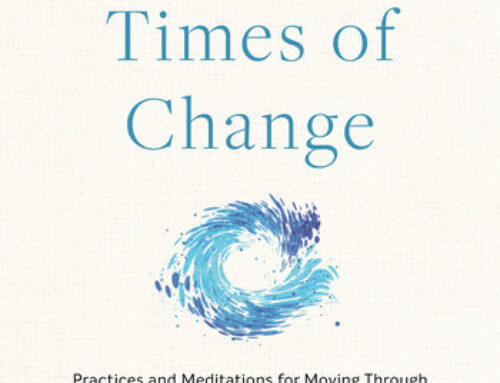 There are many misconceptions floating around about compassion. Why does that matter? Because believing them could thwart our capacity to effectively communicate and understand one another, limit our potential for growth as a human being, and in a therapeutic context, it could negatively impact the care we provide our patients. Believing these misconceptions could rob us of the vast benefits that compassion can offer us and those we serve, including our own health and well being.
There are many misconceptions floating around about compassion. Why does that matter? Because believing them could thwart our capacity to effectively communicate and understand one another, limit our potential for growth as a human being, and in a therapeutic context, it could negatively impact the care we provide our patients. Believing these misconceptions could rob us of the vast benefits that compassion can offer us and those we serve, including our own health and well being.
Dr. Stan Steindl, clinical psychologist, Associate Professor at School of Psychology at University of Queensland, and co-director of Compassionate Mind Research Group, shared this brief (8 minutes!) and informative piece on the Compassion Initiative podcast: 10 Things that Compassion is NOT (and the list may surprise you!)
Some of what you’ll find on the list of what compassion is NOT:
It’s not a feeling. It’s not the same as kindness or being nice. It is not empathy. It is not pity. It’s not indulgent. It’s certainly not weak. It’s doesn’t always feel good. And my favourite…. It is NOT always EASY!
I often say, “compassion is easy when it’s easy, but it takes humility, courage and effort when it’s not.”
I write about this extensively in my book chapter Compassion in Pain Care and dive even deeper in this webinar replay from our Book Club Webinar Series Compassion in Pain Care: The Webinar.
I outline why sometimes we have trouble giving and receiving compassion, and what we can do to train and prime for compassion wisdom to emerge both in our personal lives and in our work as healthcare professionals.
Enjoy listening to Dr. Steindl’s episode, and learn more about how you can train and prime for compassion wisdom in your life and work with the resources cited in the podcast and in the resources and offerings I have created that can be found at Compassion and Self-Care Content and Resources from Shelly.




